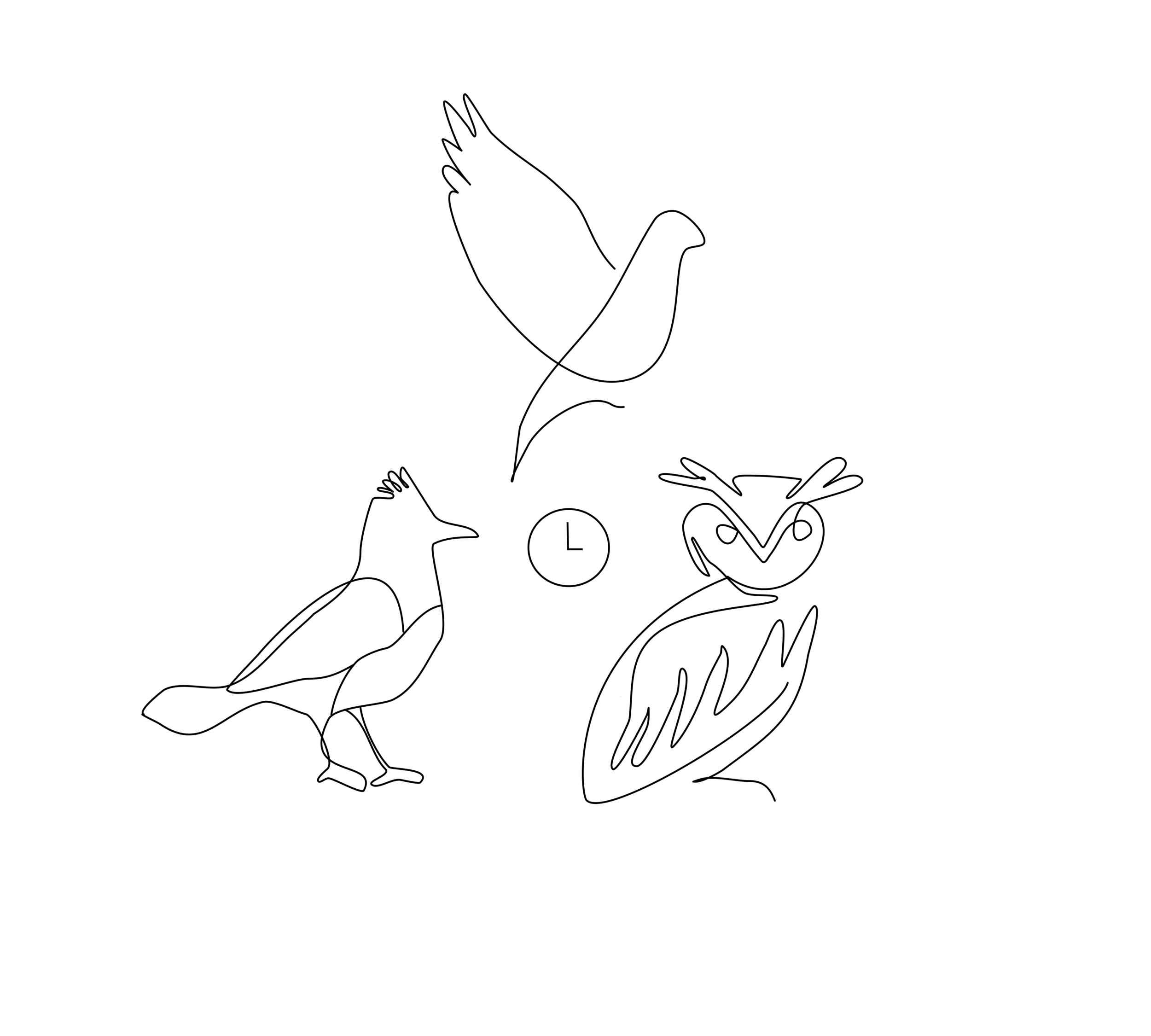Lark
People, who get tired earlier than most and wake up long before others are called larks (early chronotypes).
Dove
The majority of the population lies somewhere between the extreme larks and owls and since they also deserved a bird symbol, I have started to call them doves.
Owl
People who can stay up long after midnight and can sleep into the day (not necessarily longer but simply later) are called owls (late chronotypes)
The questionnaire
The Munich ChronoType Questionnaire (MCTQ) was developed by Till Roenneberg and colleagues (Roenneberg et al. 2003, JBR) and has been then continually improved since. The essential heart of the questionnaire (MCTQ core) concentrates on assessing chronotype. Several questions about work and health are added in an extended version (MCTQ full). The different versions of the MCTQ and its evaluation guidelines can be obtained by applying via email (info.chronsulting@gmail.com). The pool of language variants of the MCTQ is continuously growing.
MCTQ Services
Chronsulting offers an evaluation service. You send us your data in a given table format and we will provide you with a full evaluation of your population. Please apply via email (info.chronsulting@gmail.com). Depending on the size of to-be-analysed population, costs range between 50 ¢ and 2 € per individual (minimum charge 50€). Chronsulting can provide you with a sex-and-age matched control population that you can compare with your study population. You send us your distribution in a given table format (first column age, second column sex: 0=female; 1=male) and we will provide you with a tailored control population. Please apply via email (info.chronsulting@gmail.com). Depending on the size of to-be-analysed population, costs range between 50 ¢ and 2 € per individual (minimum charge 50€).
MCTQ references
Here you can find our publications.





